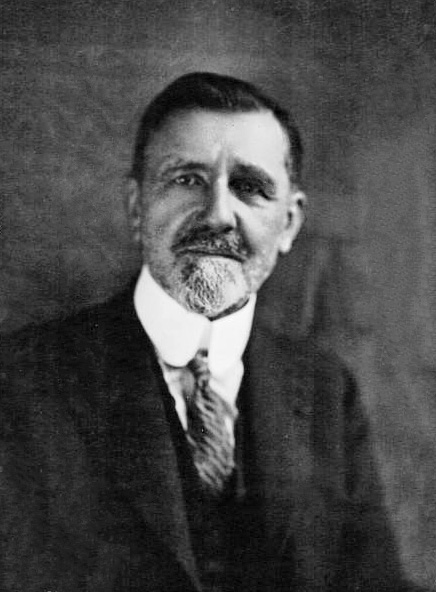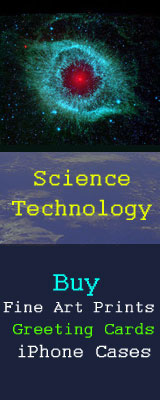.
Émile Borel
Félix Édouard Justin Émile Borel (7 January 1871 – 3 February 1956)[1] was a French mathematician[2] and politician.

Émile Borel , 1932
Borel was born in Saint-Affrique, Aveyron. Along with René-Louis Baire and Henri Lebesgue, he was among the pioneers of measure theory and its application to probability theory. The concept of a Borel set is named in his honor. One of his books on probability introduced the amusing thought experiment that entered popular culture under the name infinite monkey theorem or the like. He also published a series of papers (1921-27) that first defined games of strategy.[3]
In 1913 and 1914 he bridged the gap between hyperbolic geometry and special relativity with expository work.
In the 1920s, 1930s, and 1940s he was active in politics. In 1922 he founded ISUP, the oldest French school for Statistics. From 1924 to 1936, he was a member of the French National Assembly. In 1925, he was Minister of Marine. During the Second World War he was a member of the French Resistance.
Borel died in Paris in 1956.
Besides the Centre Émile Borel at the Institut Henri Poincaré in Paris and a crater on the Moon, the following mathematical notions are named after him:
Borel algebra,
Borel's lemma,
Borel's law of large numbers,
Borel measure,
Borel–Kolmogorov paradox,
Borel–Cantelli lemma,
Borel–Carathéodory theorem,
Heine–Borel theorem,
Borel summation.
Articles
(French) "La science est-elle responsable de la crise mondiale?", Scientia : rivista internazionale di sintesi scientifica, 51, 1932, pp. 99-106.
(French) "La science dans une societe socialiste", Scientia : rivista internazionale di sintesi scientifica, 31, 1922, pp. 223-228.
(French) "Le continu mathematique et le continu physique", Rivista di scienza, 6, 1909, pp. 21-35.
References
^ May, Kenneth (1970–80). "Borel, Émile". Dictionary of Scientific Biography. 2. New York: Charles Scribner's Sons. pp. 302–305. ISBN 0684101149.
^ Emile Borel's biography - Université Lille Nord de France
^ "Emile Borel," Encyclopædia Britannica.[1]
External links
O'Connor, John J.; Robertson, Edmund F., "Émile Borel", MacTutor History of Mathematics archive, University of St Andrews.
Émile Borel in the Mathematics Genealogy Project
Retrieved from "http://en.wikipedia.org/"
All text is available under the terms of the GNU Free Documentation License


